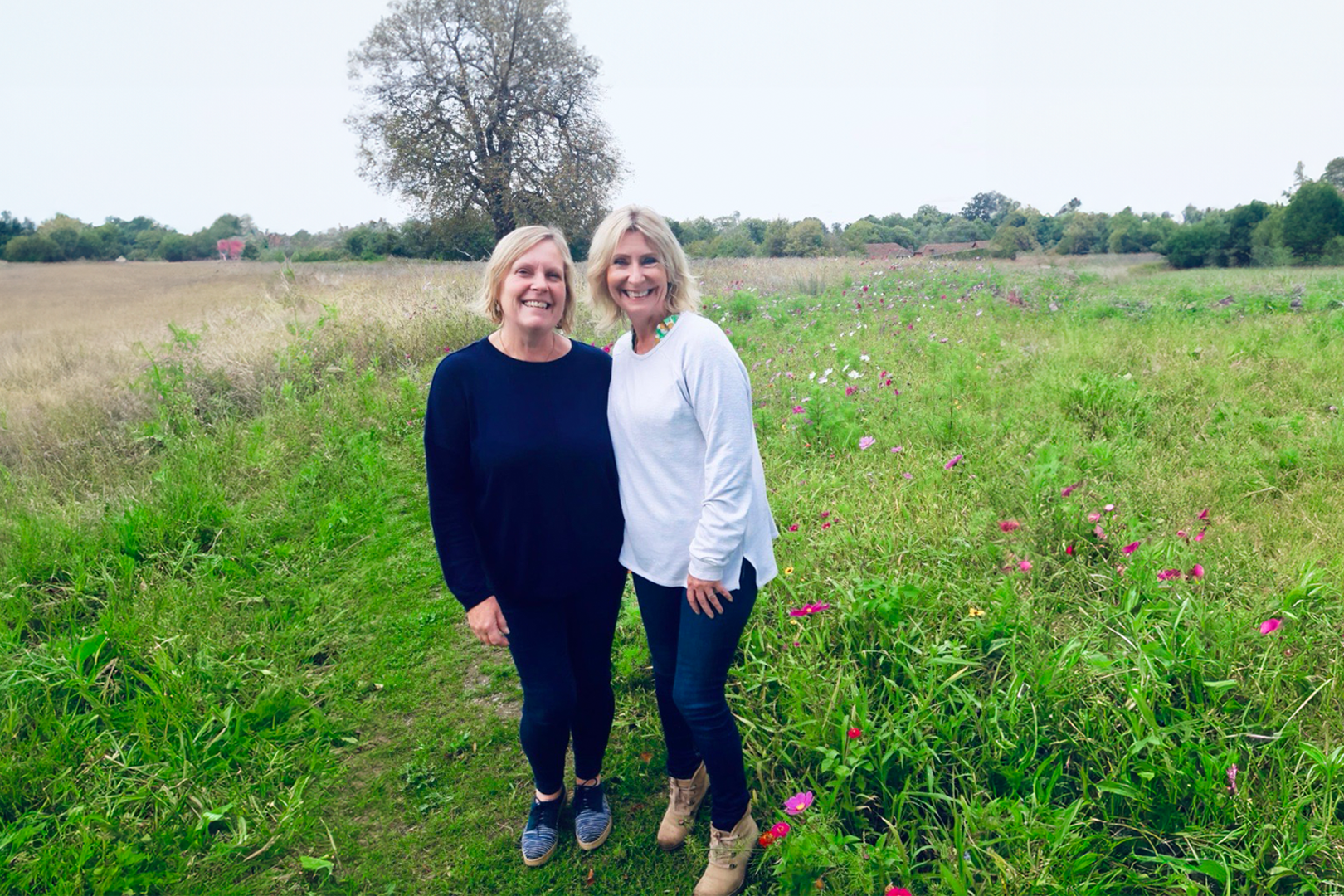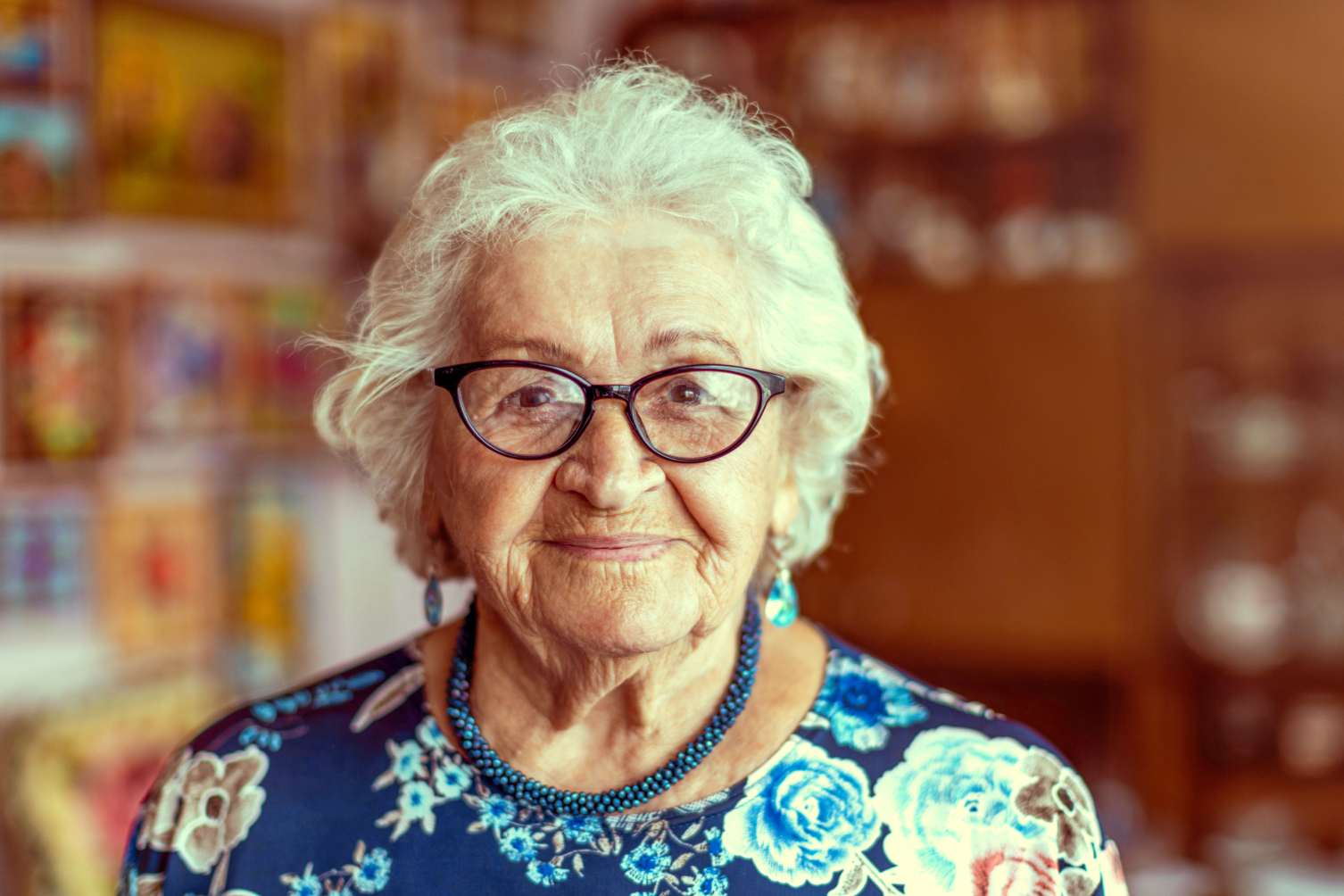To improve healthcare and ensure the best treatments are reaching the right patients, we need clinical trials. They are not only fundamental in research and development, but also provide hope and support to patients and families where it’s most desperately needed.
But, in an era of rapid technological advancement, the standard approach to conducting clinical trials is often described as sterile and unchanged. To understand the reasons behind this – and explore possible solutions – the Havas Lynx group organised the Patient Centricity on Trial focus group.
At this event, a panel of industry experts, patients and healthcare professionals sat together to discuss their thoughts on the challenges and opportunities of being part of clinical research, as well as how we can involve patients more to ensure a better experience.
What needs to change?
Disconnect emerged as a key theme throughout the panel discussion, with both Jenny Preston and Joanne White highlighting a clear divide between patients and clinical research. This ‘them and us’ approach is escalated by a lack of communication and in some cases, empathy.
As a result of this disconnect, patients often view clinical trials negatively and form a ‘guinea pig’ image of research. This isn’t helped by the numerous scaremongering stories and skewed perception of pharma driven by the media. In addition, the lack of communication around clinical research means a lot of patients who could potentially benefit from participating in trials are not aware that they exist in the first place.
What are the barriers to patient involvement?
With 40 million patients for over 300,000 clinical trials, it might be surprising to hear that patient recruitment is major problem in the UK. To understand the reasons that underpin this, the panel were asked to share what they consider to be some of the biggest barriers to the public and patients becoming involved in clinical trials.
Communication was brought up in conversation numerous times. Not only about the lack of information about trials that are recruiting, but also the never-ending streams of paperwork to read prior to patients enrolling, disengaging those who would otherwise be interested.
The design of a trial, which tends to be ‘blinded by the objective’, was also considered a key barrier to patients becoming involved in clinical research. This is largely because trials are often set up without patients’ interests in mind. For example, some trials require frequent and time-consuming hospital visits for patients who already have very busy schedules, while others have strict proximity requirements, leaving patients who live slightly further away unable to enrol at all. Furthermore, exclusion and inclusion criteria often result in substantial sampling bias, so even patients with the condition who’d likely benefit from the trial are not given the chance to participate.
The power of creative and emotive thinking in advancing clinical trials
To overcome the challenges above, we need to consider feasible solutions that improve the patient experience, by involving patients earlier on in trials and making the process more ‘human’.
“Yes, we want to get the right evidence. But we need to remember each point of evidence is a person.”
In a world where the public are constantly being bombarded with consumer messages, creative thinking is critical to appeal to humans and get across a ‘normal’ message – not focused on trial criteria, but the patient benefit.
Through creativity, we can effectively communicate positive stories to build patient trust and bridge the disconnect. Alongside this, we can think creatively to provide patients with accessible information which isn’t pages and pages long.
How can technology revolutionise clinical trials?
When the panel were asked about how we can utilise technology to improve the patient experience, going ‘paperless’ was a common theme – from creating apps and enabling quick and easy e-consent, to sharing and collecting data generated by wearables to accelerate the research process.
Using technology, the panel suggested developing a single hub for all patients to turn to for suitable clinical trial information, and a network that could allow both patients to communicate with each other and different industries to effectively collaborate.
With 70 million people forming the world-class NHS, the UK is capable of generating the best evidence for improving healthcare all over the world – we just need to apply existing technology and think about the ‘Netflix way’ of conducting clinical trials. And with costs and other pressures increasing, we need to do this fast!
Focus Group Attendees
Matt Eagles, Head of Patient Engagement, Havas Lynx Group
Jenny Preston, Senior Patients and Public Involvement Position, Alder Hey Children’s Hospital
Professor Charles Knowles, MBBCHIR, PhD, FRCS, FRCS (Gen Surg), Professor of Surgery, Deputy Director of Research and Director of National Bowel Research Centre
Bruce Hellman, CEO and Co-Founder, uMotif
Jo White, Founder, CUREUsher
Geoff Thomas, Patient Advocate
Kristian Webb, Associate Scientific Director, Havas Lynx Group
Dr Vernon Bainton, MBChB, BMedSci, Chief Medical Officer, Havas Lynx Group
Mark Evans, Managing Director, Havas Lynx Faze
Claire Knapp, Managing Director, Havas Lynx
Lucy Flintham, Research Executive, Havas Lynx




